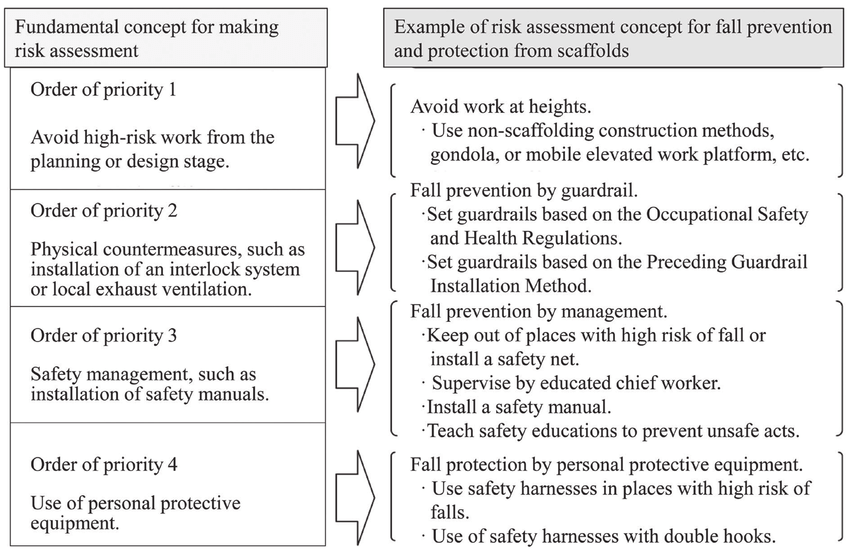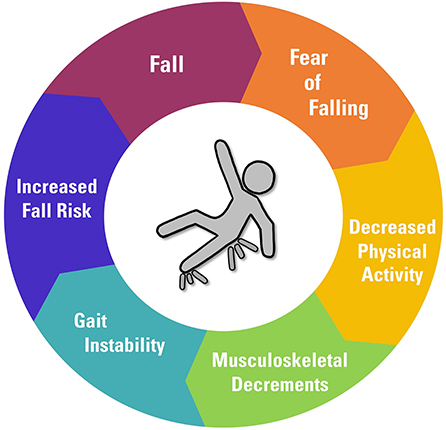Dementia Fall Risk Can Be Fun For Everyone
Dementia Fall Risk Can Be Fun For Everyone
Blog Article
The Ultimate Guide To Dementia Fall Risk
Table of ContentsThe Main Principles Of Dementia Fall Risk The Buzz on Dementia Fall RiskLittle Known Facts About Dementia Fall Risk.A Biased View of Dementia Fall RiskDementia Fall Risk Fundamentals Explained
Examining autumn danger assists the whole health care team develop a safer setting for each person. Make certain that there is a marked area in your medical charting system where staff can document/reference ratings and document relevant notes connected to fall avoidance. The Johns Hopkins Autumn Threat Evaluation Tool is just one of several devices your personnel can make use of to aid stop negative medical occasions.Individual drops in hospitals are common and devastating adverse occasions that continue despite decades of initiative to reduce them. Improving interaction throughout the examining nurse, care group, client, and person's most involved friends and family members may reinforce autumn avoidance efforts. A group at Brigham and Women's Hospital in Boston, Massachusetts, looked for to create a standardized loss prevention program that focused around improved interaction and person and family interaction.

The innovation team emphasized that effective execution depends upon person and staff buy-in, combination of the program right into existing process, and fidelity to program procedures. The group noted that they are coming to grips with just how to guarantee connection in program implementation during durations of crisis. Throughout the COVID-19 pandemic, for instance, a rise in inpatient drops was related to limitations in person engagement together with restrictions on visitation.
Dementia Fall Risk Things To Know Before You Buy
These events are normally considered avoidable. To carry out the intervention, organizations need the following: Accessibility to Loss pointers sources Loss pointers training and re-training for nursing and non-nursing staff, including brand-new registered nurses Nursing operations that enable person and family members engagement to perform the drops evaluation, make certain usage of the avoidance strategy, and conduct patient-level audits.
The results can be highly detrimental, typically accelerating patient decrease and causing longer healthcare facility remains. One study approximated keeps boosted an additional 12 in-patient days after a client autumn. The Autumn TIPS Program is based on interesting people and their family/loved ones throughout three main procedures: evaluation, individualized preventative treatments, and auditing to ensure that people are participated in the three-step autumn avoidance process.
The patient analysis is based on the Morse Loss Range, which is a verified fall threat assessment device for in-patient health center settings. The scale includes the 6 most common factors patients in hospitals drop: the patient loss history, risky conditions (consisting of polypharmacy), use of IVs and other outside devices, psychological status, gait, and mobility.
Each risk variable links with one or even more actionable evidence-based interventions. The registered nurse creates a strategy that includes the interventions and is visible to the treatment team, client, and household on a laminated poster or published aesthetic aid. Registered nurses develop the strategy while meeting the person and the client's household.
Things about Dementia Fall Risk
The poster functions as an interaction device with other members of the client's treatment group. Dementia Fall Risk. The audit element of the program includes assessing the patient's understanding useful content of their risk elements and avoidance strategy at the device and hospital levels. Nurse champs conduct at least 5 specific interviews a month with patients and their families to look for understanding of the loss avoidance plan

An estimated 30% of these drops lead to injuries, which can vary in extent. Unlike other negative occasions that require a standardized scientific action, fall prevention depends extremely on the demands of the client. Including the input of individuals that understand the person best permits higher modification. This strategy has verified to be much more effective than loss prevention programs that are based primarily on the manufacturing of a threat score and/or are not adjustable.
The Ultimate Guide To Dementia Fall Risk

Based upon bookkeeping outcomes, one site had 86% conformity and two sites had more than 95% conformity. A cost-benefit analysis of the Autumn pointers program in eight hospitals approximated that the program price $0.88 per client to carry out and Source resulted in financial savings of $8,500 per 1000 patient-days in straight costs connected to the prevention of 567 tips over 3 years and 8 months.
According to the development group, companies interested in executing the program must carry out a readiness analysis and drops avoidance gaps analysis. 8 In addition, companies ought to guarantee the essential infrastructure and workflows for application and establish an application strategy. If one exists, the company's Loss Avoidance Job Pressure need to be associated with preparation.
About Dementia Fall Risk
To begin, organizations should guarantee completion of training components by registered nurses and nursing aides - Dementia Fall Risk. Health center personnel need to assess, based upon the needs of a healthcare facility, whether to utilize an electronic wellness record printout or paper variation of the loss avoidance plan. Executing groups must recruit and educate registered nurse champs and develop processes for bookkeeping and reporting on loss data
Staff require to be associated with the procedure of revamping the workflow to involve clients and family in the evaluation and prevention strategy process. Solution must be in area to make sure that units can recognize why an autumn took place and remediate the cause. More specifically, registered nurses should have networks to provide recurring feedback to both personnel and device leadership so they can readjust and improve loss prevention workflows go to this site and interact systemic problems.
Report this page